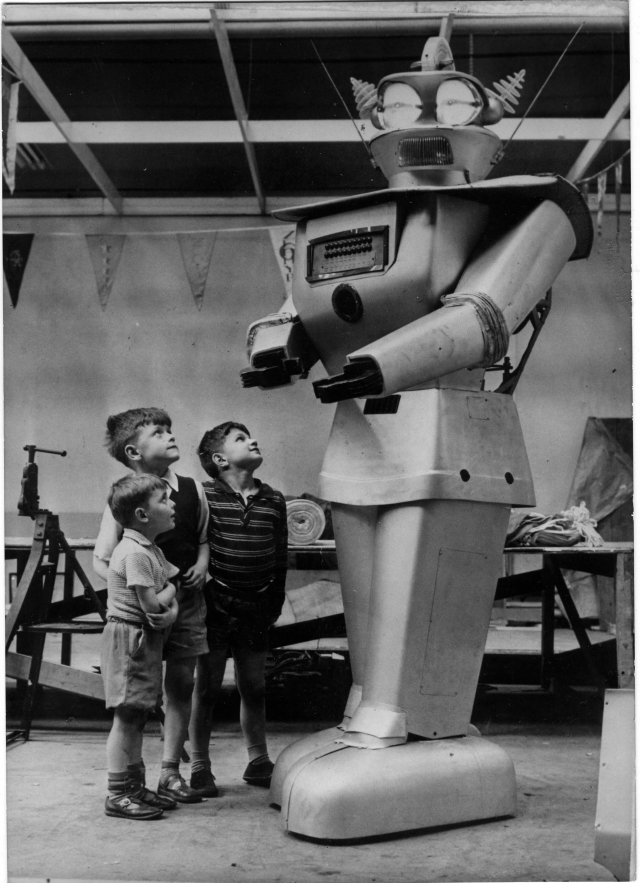Physicist Louis Del Monte believes the Singularity will arrive inside the next three decades. Well, perhaps. Here’s an excerpt from the first part of his series of posts about the coming AI:
“After several starts and stops and two AI winters, AI researchers and engineers started to get it right. Instead of building a do-it-all intelligent machine, they focused on solving specific applications. To address the applications, researchers pursued various approaches for specific intelligent systems. After accomplishing that, they began to integrate the approaches, which brought us closer to artificial ‘general’ intelligence, equal to human intelligence.
Many people not engaged in professional scientific research believe that scientists and engineers follow a strict orderly process, sometimes referred to as the ‘scientific method,’ to develop and apply new technology. Let me dispel that paradigm. It is simply not true. In many cases a scientific field is approached via many different angles, and the approaches depend on the experience and paradigms of those involved. This is especially true in regard to AI research, as will soon become apparent.
The most important concept to understand is that no unifying theory guides AI research. Researchers disagree among themselves, and we have more questions than answers. Here are two major questions that still haunt AI research.
- Should AI simulate human intelligence, incorporating the sciences of psychology and neurology, or is human biology irrelevant?
- Can AI, simulating a human mind, be developed using simple principles, such as logic and mechanical reasoning, or does it require solving a large number of completely unrelated problems?
Why do the above questions still haunt AI?”


